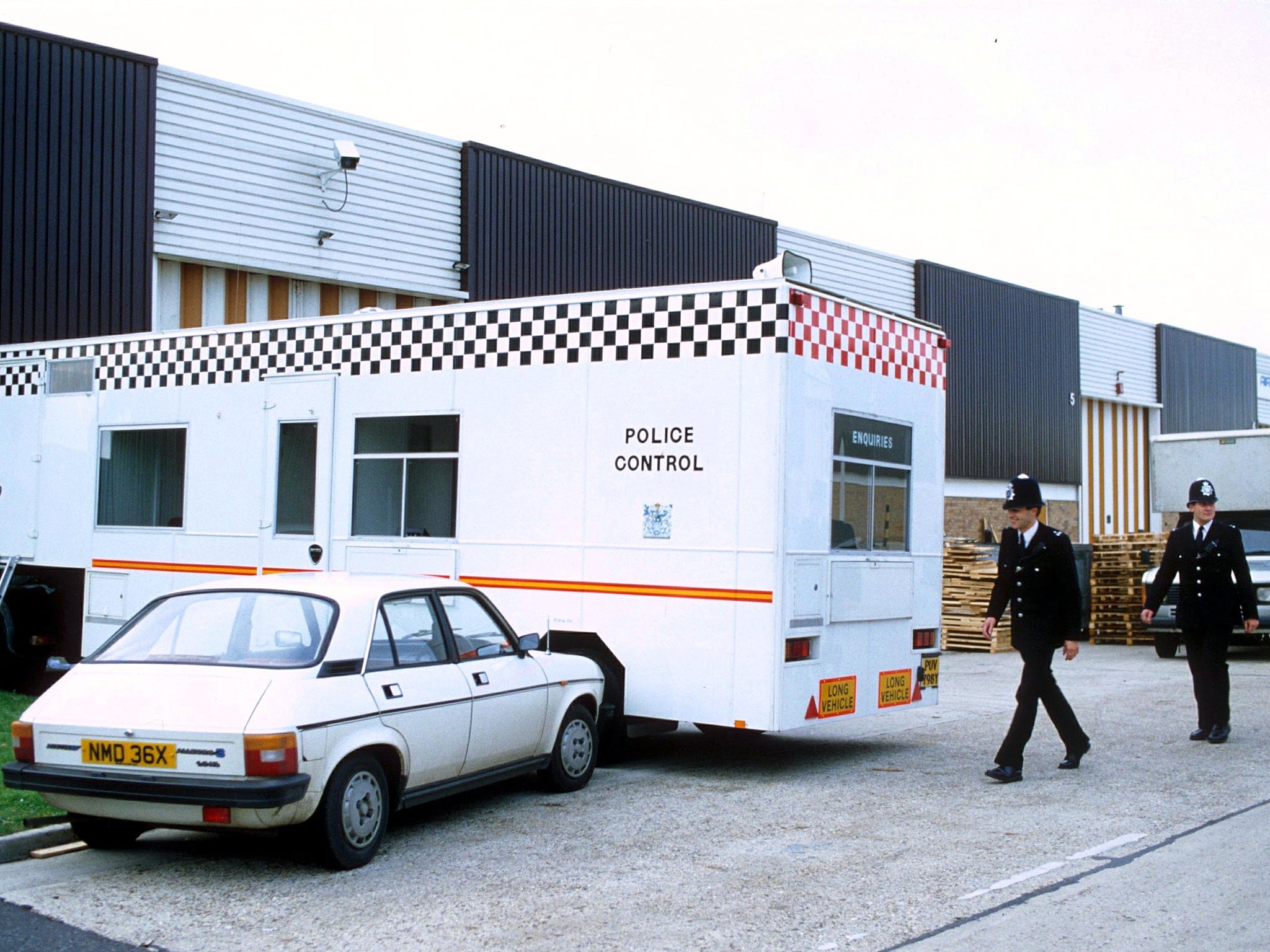Panama Papers leak: Law firm Mossack Fonseca 'linked to Brink's Mat robbery'
Leaked documents allegedly suggest a man later jailed for laundering proceeds of the Brink's Mat robbery set up a shell company in Panama 16 months after what became known as "the crime of the century"

Cash from the infamous 1983 Brink’s Mat robbery may allegedly have been laundered through a company set up by the Panamanian law firm at the centre of the ‘Panama Papers’ leak, it has been claimed.
Documents leaked from Mossack Fonseca reportedly suggest the law firm set up a shell company in Panama in 1985, 16 months after robbers escaped from a Heathrow warehouse with £26 million in gold, diamond, and cash in what was called “the crime of the century”.
The BBC, which is due to reveal further details of the Panama Papers on Panorama on Monday night, says the shell company, Feberion Inc, was linked to Gordon Parry, a property dealer who in 1992 was sentenced to 10 years in prison for his involvement in laundering Brinks' Mat money.
The BBC claims that an internal Mossack Fonseca memo, written in 1986, shows that the law firm had been warned that Parry might be laundering Brink’s Mat money.
The memo was reported to have been written by Jürgen Mossack, one of Mossack Fonseca’s founders, following a meeting with someone helping to run Feberion.
Mr Mossack is said to have written: “He informed me that the owner of this company apparently is involved in the management of money which represents proceeds from the famous theft from Brinks Mat in London.
"The company itself has not been used illegally, but it could be that the company invested money through bank accounts and properties that was illegitimately sourced.
"They want to resign as directors and suggest that we do the same."
The BBC claims Mr Mossack didn’t immediately resign from Feberion.
Ownership of Feberion was through two bearer shares – certificates that do not carry the name of the owner and are deemed to belong to whoever is holding them.
British Police reportedly seized the two Feberion bearer shares, preventing Parry from transferring any funds from the company.
According to the BBC, however, Feberion issued 98 new shares in 1987, allowing Parry to regain control of the company. Parry, one of two 'Midas Men' associated with laundering Brink's Mat proceeds initially escaped arrest in south London by driving off with a detective clinging to his car until thrown off.
He went on the run, but was later captured in Spain. The International Consortium of Investigative Journalists, (ICIJ), which has analysed the leaked Panama Papers, claims that Mossack Fonseca only ended its business relationship with Feberion in 1995, three years after Parry was jailed.
A Mossack Fonseca spokesman said any allegations the firm helped shield the proceeds of the Brink’s-Mat robbery “are entirely false.” The spokesman said Jürgen Mossack “never had any dealings” with Parry and was never contacted by police about the case.
Mossack Fonseca told the BBC it has never been charged with criminal wrong-doing.
Bookmark popover
Removed from bookmarks